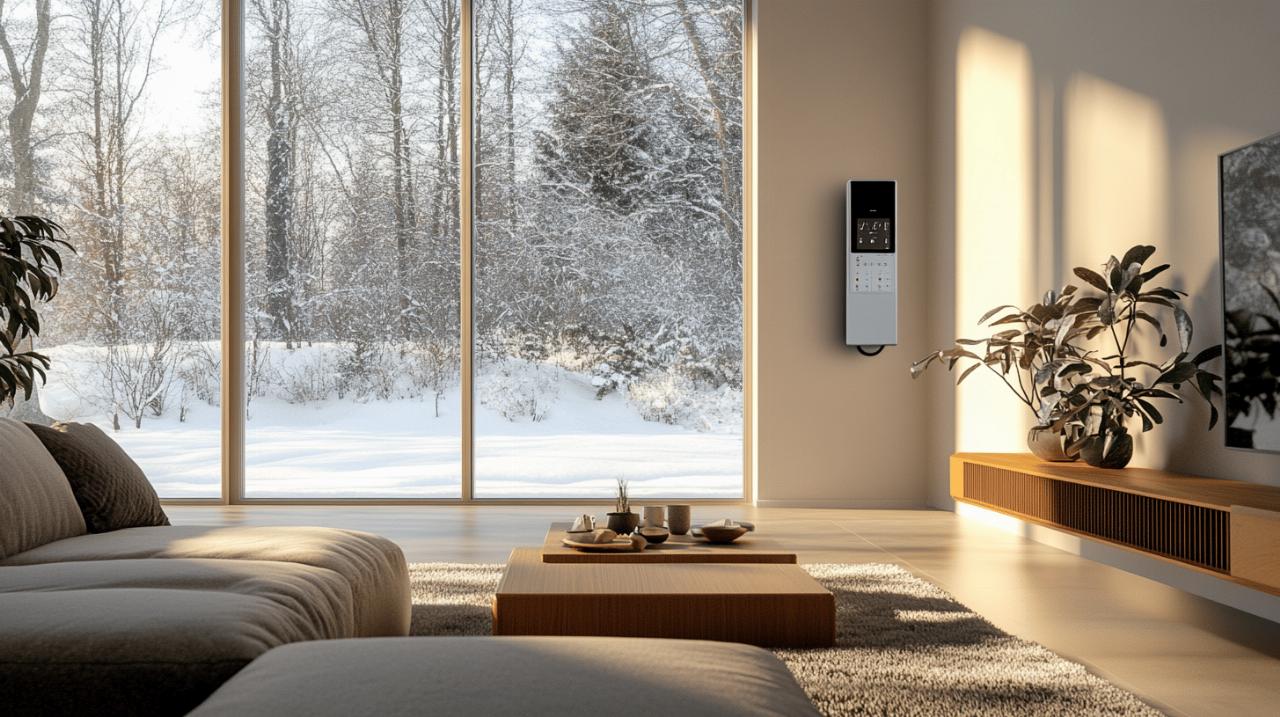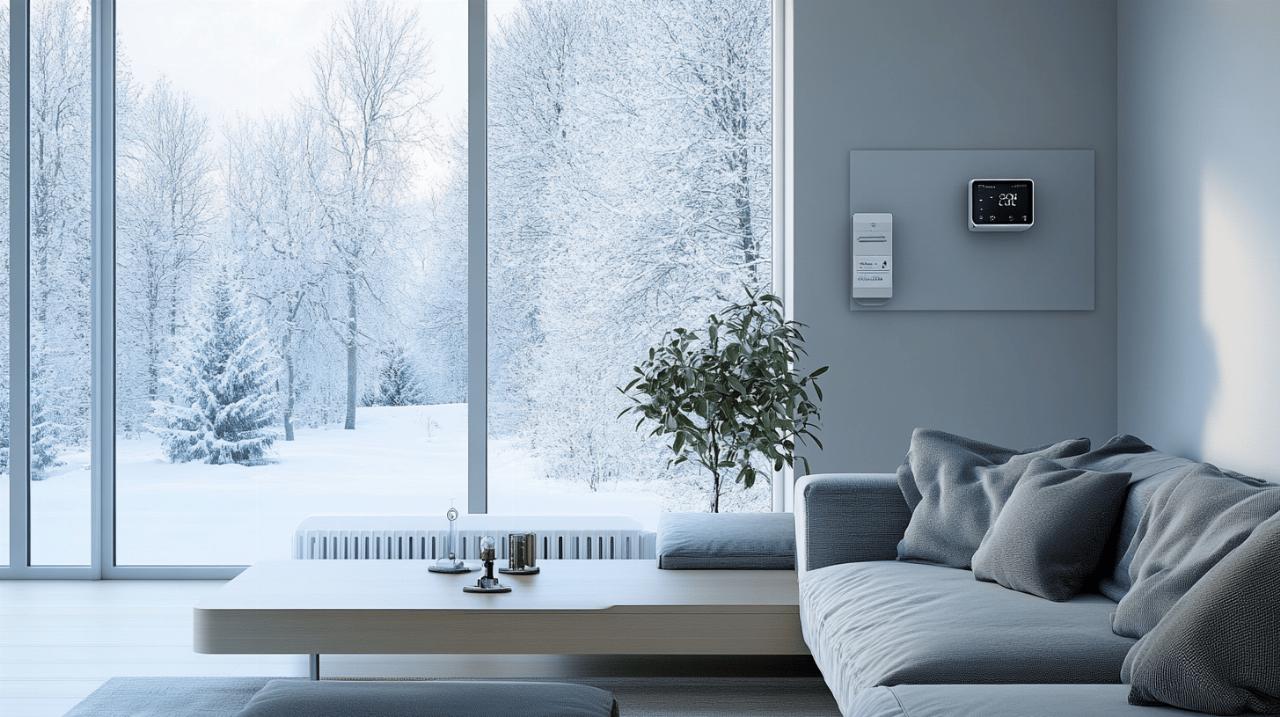When undertaking home renovations, choosing the right heating system can significantly impact both your comfort and energy bills for years to come. With energy prices continuing to fluctuate and environmental concerns growing, energy-efficient heating solutions have become a priority for homeowners across the UK. This comprehensive guide explores the most effective heating technologies that combine performance with sustainability.
Modern heat pumps: the future of home heating
Heat pumps represent one of the most significant advancements in home heating technology. Unlike traditional gas boilers that generate heat by burning fuel, heat pumps transfer existing heat from one location to another. This fundamental difference makes them incredibly efficient. In fact, according to energy experts, heat pumps can deliver up to three times more heat energy than the electrical energy they consume. This exceptional efficiency explains why the UK government actively promotes heat pump adoption through initiatives like the Boiler Upgrade Scheme, which offers substantial grants of £7,500 towards installation costs. For comprehensive information on heating system upgrades and energy-efficient solutions, many homeowners consult specialized resources such as those found at https://www.kamerolli.it/ to guide their renovation decisions.
Air source heat pumps: efficiency in action
Air source heat pumps extract warmth from outside air even when temperatures drop below freezing. These systems work somewhat like refrigerators in reverse, capturing ambient heat from the atmosphere and amplifying it for home heating. Their relatively straightforward installation process makes them suitable for most properties without extensive groundwork. While the initial investment exceeds that of conventional boilers, the potential savings are substantial. With over half of typical energy bills attributed to heating and hot water, switching to this efficient technology can dramatically reduce ongoing costs. Furthermore, as the UK electricity grid continues its transition toward renewable sources, heat pumps become progressively more environmentally friendly. In 2023, 60% of UK electricity came from zero-carbon sources, with carbon emissions averaging just 171gCO2/kWh, making electric heating solutions increasingly attractive from both economic and environmental perspectives.
Ground source heat pumps: harnessing earth’s thermal energy
Ground source heat pumps tap into the consistent temperatures found beneath the surface of the earth. These systems circulate fluid through underground pipes, absorbing the natural warmth stored in the ground. While they require more extensive installation work compared to air source alternatives, they deliver superior efficiency, especially during winter months when air temperatures fluctuate. Ground source systems excel in providing stable heating performance regardless of weather conditions. The underground temperature remains relatively constant throughout the year, typically between 10-15°C at depths of just a few meters. This stability translates to exceptional performance coefficients and potentially greater energy savings over the system’s lifetime. For homeowners with sufficient outdoor space and a long-term perspective on their property investment, ground source heat pumps represent one of the most sustainable heating solutions available today.
Smart heating controls: maximising comfort and savings

The evolution of heating technology extends beyond the generation of heat to how it’s controlled and distributed. Smart heating controls have revolutionized home energy management by providing unprecedented precision and automation. Research indicates that upgrading from an outdated G-rated boiler to a modern A-rated system with intelligent controls can save approximately £420 annually in Great Britain and £500 in Northern Ireland. These sophisticated systems enable homeowners to optimize comfort while minimizing waste, ensuring heat is produced only when and where needed. Modern AI-driven heating systems can learn household routines, adjust temperatures based on occupancy patterns, and even respond to weather forecasts, creating a perfect balance between comfort and efficiency.
Zoned heating systems: targeted warmth when needed
Zoned heating represents a significant advancement over conventional whole-house approaches. This technology divides your home into distinct heating zones, each independently controlled through smart thermostatic radiator valves or dedicated thermostats. The principle is straightforward yet impactful: heat only the spaces currently in use. For instance, bedrooms might require warmth primarily in evenings, while living areas need heating during daytime hours. By directing heat specifically where needed, zoned systems eliminate the waste associated with heating unoccupied rooms. Implementation can range from simple radiator valve upgrades to comprehensive multi-zone underfloor heating installations. The flexibility of zonal heating makes it suitable for various property types, from compact apartments to larger detached homes, with the potential for substantial energy savings regardless of the underlying heat source.
Learning thermostats: personalised heating schedules
Learning thermostats represent the cutting edge of heating control technology. These intelligent devices monitor household activities and temperature preferences, gradually building a personalized heating schedule that anticipates needs without manual programming. Advanced models incorporate occupancy sensors, smartphone location tracking, and even voice control integration. The most sophisticated systems can detect when the house is empty and automatically adjust temperatures accordingly. Some learning thermostats also analyze heating system performance, providing insights into efficiency and maintenance requirements. As they become more integrated with broader smart home ecosystems, these devices can coordinate with other systems like ventilation, lighting, and security to optimize overall home energy use. The convenience factor cannot be overstated, as these systems effectively eliminate the need for constant manual adjustments while simultaneously enhancing comfort and reducing energy waste.
